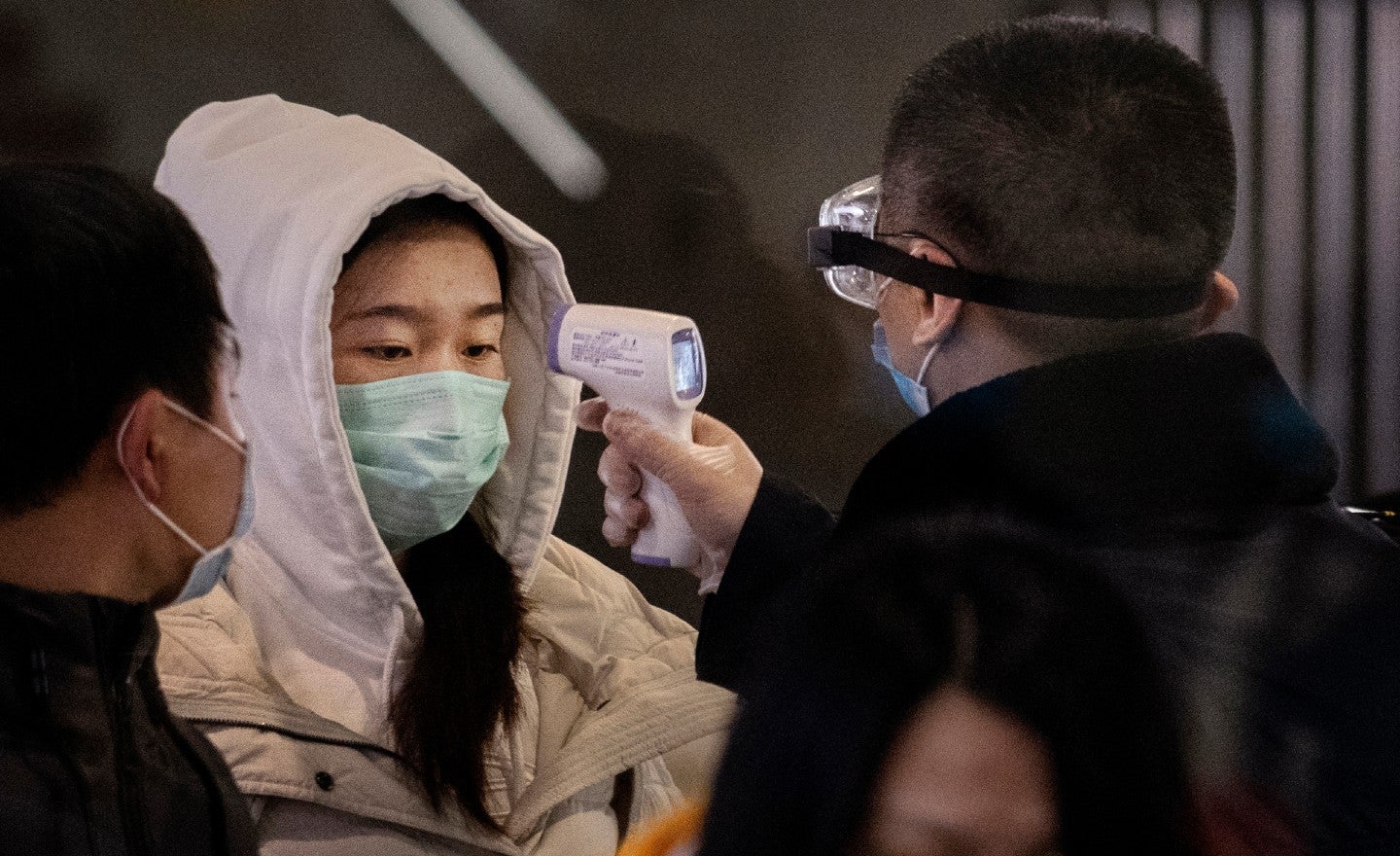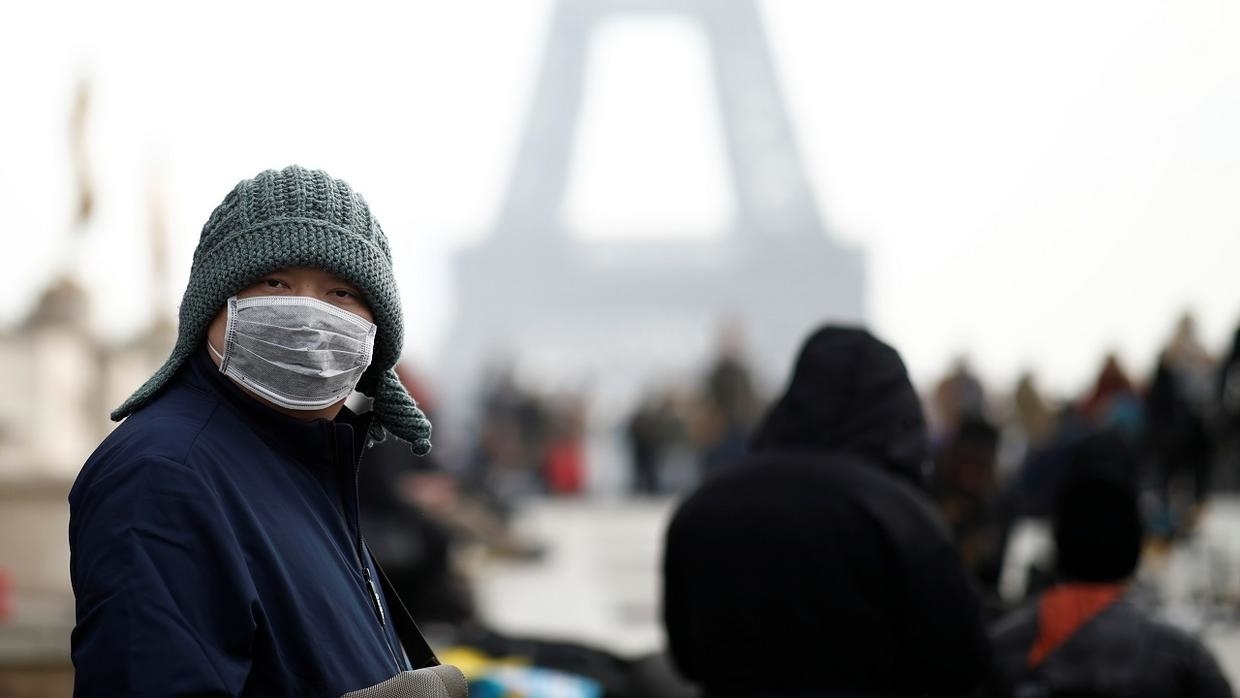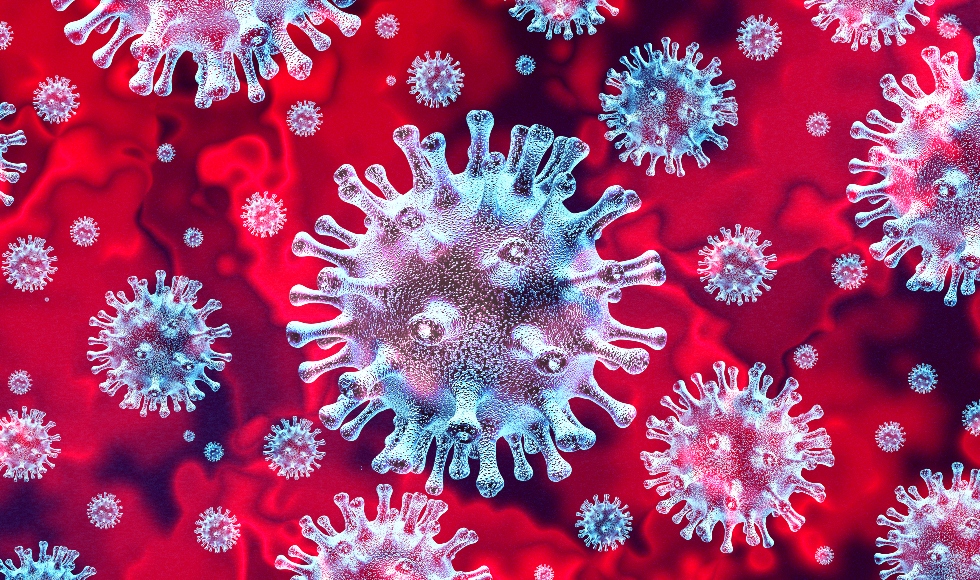
The novel coronavirus outbreak which originated in Wuhan, China has been reported in more than 28,000 people worldwide.
As of February 6,2020, 06:00 GMT, 28,299 cases have been reported of which 565 died and 1,286 recovered. The rest are still being treated.
According to Zhan Qingyuan, director of pneumonia prevention and treatments at the China-Japan Friendship Hospital, people who have recovered may not be immune to the virus.
In a briefing last Friday, he said that the antibody generated cannot last that long in some individuals.

Viruses attach itself to host cells when it enters the body. In response, antibodies are formed by our immune systems to remove these viruses.
The antibodies remain in the body after an infection, and thus is immune to the virus. For example, children that contract chickenpox are immune to the disease as adults.
However, doctors still not have found enough evidence regarding the novel coronavirus to confirm whether those that recover are fully immune. The antibodies that are formed in the body may not be strong or long-lasting enough to prevent an infection.
The coronavirus family includes viruses that cause SARS, MARS and the common cold. They normally affect the respiratory system.

Officials in Wuhan believe that the virus might have jumped from animals to humans in a seafood market that sold live animals. The virus has now been reported in more than two dozen countries.
The World Health Organization has also declared a Public Health Emergency of International Concern last week.
Public health experts urge the public not to panic and to focus on simple preventive measues. This includes regularly washing hands with soap, avoiding touching one’s face and staying away from people who are sick.



Leave a comment
0 Comments